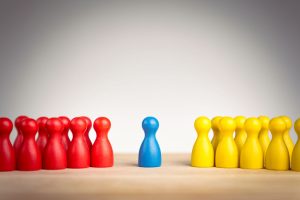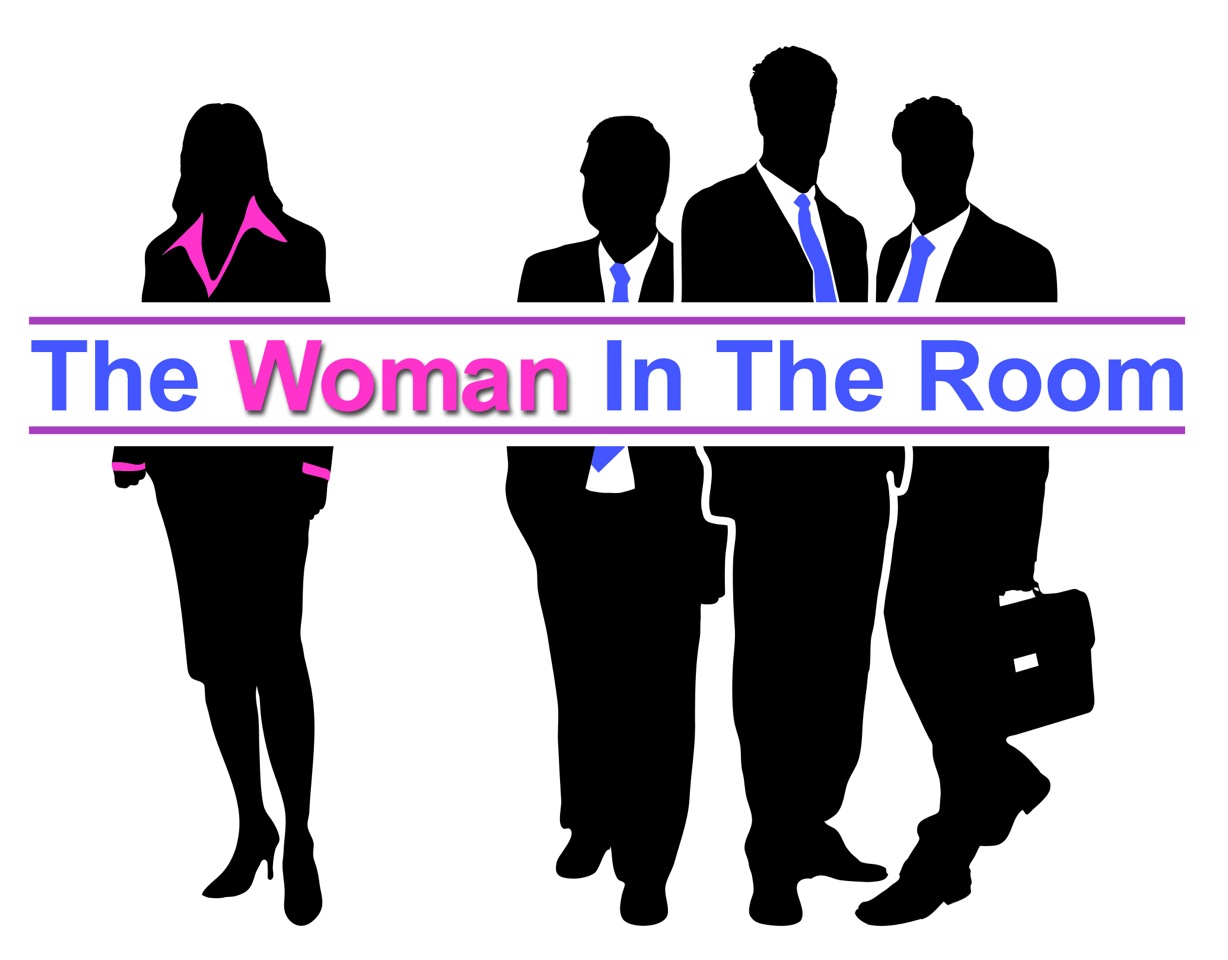
We often hear about White Privilege and Male Privilege where being white and/or male gives you an advantage or opportunity others who don’t have those characteristics don’t have. And, if you follow intersectional feminism you learn there are many types of Privilege.
Personally, I grew up struggling against two lesser known types of Privilege that should have scarred me for life.
Hair Color Privilege
The first is what I call Hair Color Privilege. When I grew up having Blond, Brunette and Black hair (in that descending order) was the preference. The style of the times also said that your hair was parted in the middle, long and straight.
I didn’t have Hair Color Privilege or any kind of Hair Privilege. You see I grew up with short, curly RED hair.
In the days before Prince Harry made being ginger was cool, many people considered red hair as the mark of “the Devil’s child.”
I had several teachers, most notably my first-grade teacher, who took this very seriously. I spent the year dealing with her bullying. In middle school my math teacher routinely marked correct answers wrong. He wanted to sabotage my grades because according to him my hair meant I was “a witch.” In high school a couple of teachers informed me that they “hated me and didn’t want to teach me.” That resulted in more than a few parent-teacher-principal-guidance counselor conferences.
Throughout my school years, my lack of Hair Privilege resulted in consistent treatment. Teachers frequently refused to answer my questions or to call on my raised hand. I also learned to keep copies of every report I turned in. I was routinely told “Yours is the only assignment I can’t find. I have you marked down as turning it in but I can’t find it. You need to do it over.”
My curly red hair cast me into the lowest rung of school social status. I had to find friends among the other social outcasts and weird ducks. (The kids we now make teenage movies about.)
And of course, red hair is a calling card to all bullies.
On the positive side, my lack of Hair Color Privilege taught me how to stand up for myself. And for other people too. So, I am very thankful for my lack of Hair Color Privilege and the strength it gave me.
My second lack of privilege didn’t occur to me until I went to college. It was even more pervasive in it’s conspiracy to hold me back. I call it: ABC privilege.
ABC Privilege
ABC Privilege is based on your last name. We learn it early when we are told to “Line up in alphabetical order.”
With a last name starting with STI, I was always near the back of the line. I was typically 3rd from the end and perfectly placed to be invisible. The only times I gained any visibility was if the boy who was last in line acted up. (I quickly learned being dead last was also a powerful form of Privilege. You had full power over being invisible or calling attention to yourself. Boys took full advantage of this Privilege.)
ABC Privilege also played out when teachers had us sit in alphabetical order. I was in the back row or a back corner.
Even my bright red hair couldn’t overcome how my lack of ABC privilege cast me into obscurity.
It wasn’t until I got married after my junior year of college and changed my last name to CAL that I realized the enormity of my STI disadvantage.
With a CAL last name I suddenly gained ABC privilege!!
I was finally in the front of the line. In the front row. Part of the first group.
Being first and at the front, I was met with enthusiasm. I no longer suffered from that tired “Are we at the end yet?”
This change revealed a whole new realm of opportunity and I took full advantage of it!
When I got divorced, people asked if I was going back to my STI maiden name.
My answer was: “Hell no!” I’m wasn’t giving up my ABC privilege! (Sorry Mom and Dad.)
Creativity To Overcome
My experience with these two lacks of Privilege taught me a lot. Yes, a lack of a Privilege is unfair. However, a change in attitude and a little creativity can go a long way to overcome it. For example every teacher, principal and janitor knew who the boy at the back of the line was.
In my multi-racial classrooms I learned not having White Privilege was helped if you were African-American with the last name of Brown. You had ABC Privilege and got to sit in the front row. But, if you were African-American and your last name was Washington, you were sitting next to me.
Without ABC Privilege, we created the Back Row Club to give us opportunities. Being invisible we learned to rely on each other. We learned what our individual skills were, we developed them and shared them. The athlete picked up first for his team. The artist procured the best art supplies. And I was the math and spelling tutor.
In my professional life I put what I learned about Privilege and Opportunity to use.
Most people assume that being the Woman In The Room created a huge disadvantage for me because my colleagues all had Male Privilege. However, I soon discovered my Female Privilege.
When my colleagues and I were introduced to senior leadership, who stood out?
I did.
I was the person senior leadership remembered. I was the one they talked about. I was the one they were curious about. I was the one they let approach and talk to them because they were curious about me.
I also had an unique name. So, growing up, I guess I also lacked First Name Privilege. I didn’t have a popular girl’s name like Cindy, Lisa or Laura. I was Dorothy. Nobody my age was named Dorothy any more. (This is why when I meet another Dorothy we have an instant bond.)
Being Dorothy, I of course had to endure all of those inevitable questions: “Where’s Toto?” “Are you wearing your ruby red slippers?”
So, I adopted the nickname of Dot. It fit me. Obviously, I didn’t go for a more popular nickname. That’s because by the 2nd grade I already learned the value of being unique and different. And as it turned out Dot was relatable because everyone had an Aunt Dot – including me!
I learned that being unique and different can be a disadvantage as a child. However, as an adult it can give you opportunities, acceptance and praise.
My red hair that attracted bullies in school was later gushed over by hair stylists I can’t count how many strangers stopped me and told me how beautiful my hair was.
My lack of ABC privilege created a powerful professional skill. Seated in the back, I knelt on my chair or stood a lot. When I spoke I walked forward and became a presence. This taught me how to work a room. I used this skill during my career to take command of a conference room filled with 25 very loud and opinionated men.
Be You Privilege
A lack of Privilege teaches you to look for different paths to give you opportunity.
It helps you accentuate the ways in which you are different from the crowd. You also learned that Privilege turns out not be all that privileging. It stunts your development opportunities in the things that really matter in life.

Truth be told, from a very young age I never wanted to be the kid with all the popular privileges. Their life seemed so boring, so in the box, so safe, so stagnant. I felt like so many of the privileged kids were afraid to take risks or express who they really are because they were afraid of diminishing the arbitrary status their privileges supposedly gave them.
I felt sorry for them.
I guess that’s why I like the people who are different, who stand out, who are quirky and eclectic.
(Yes, you – the twirling Starbucks barista who inspired this article.)
These are the people who learn to be themselves, to express themselves and like themselves.
And to me that is the ultimate privilege in life.
Empowered People Are Proud and Happy With Who They Are

Sign up to receive more empowering articles
Checkout my book to understand the Unique Value of Women in the Workplace
